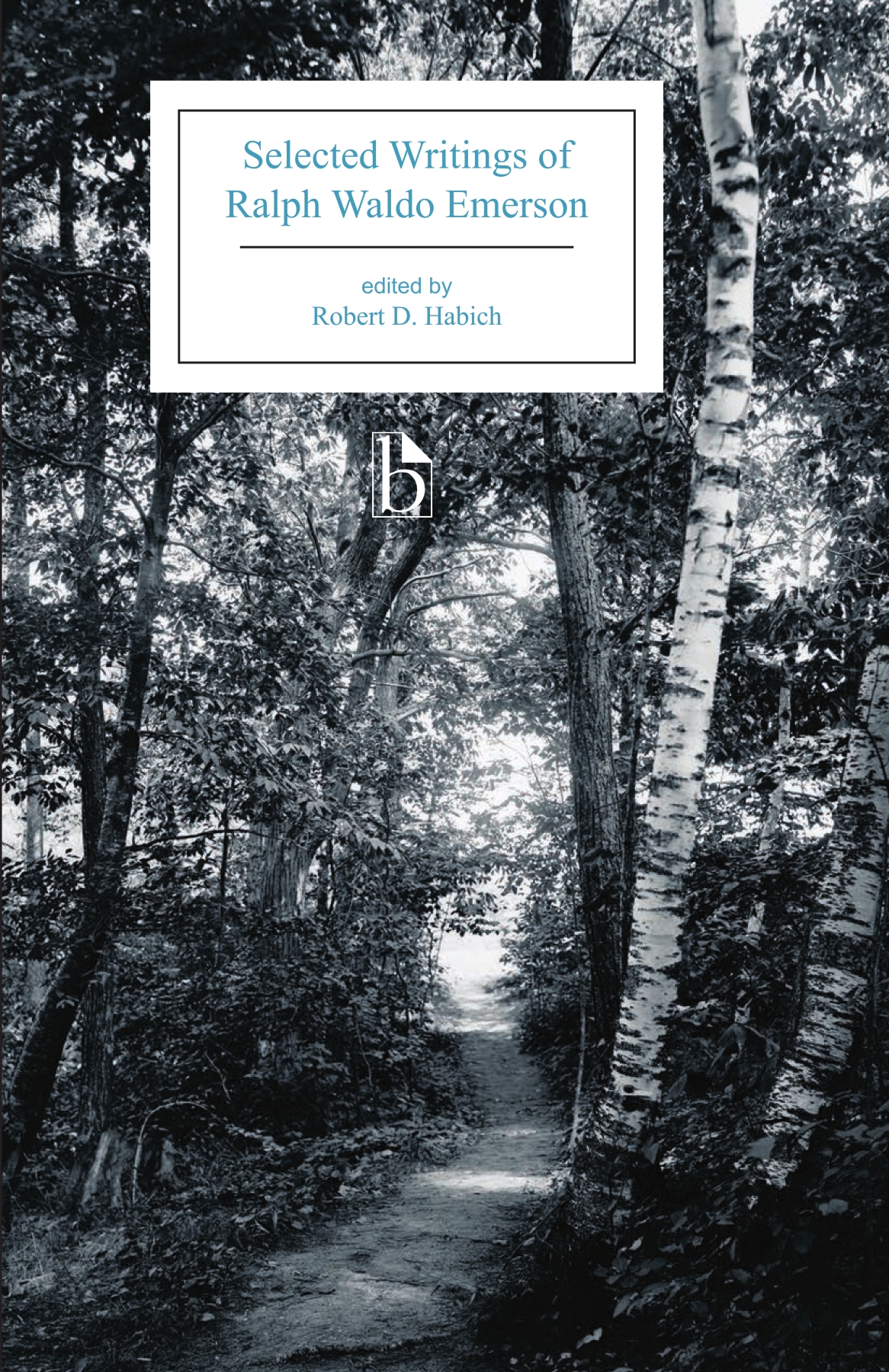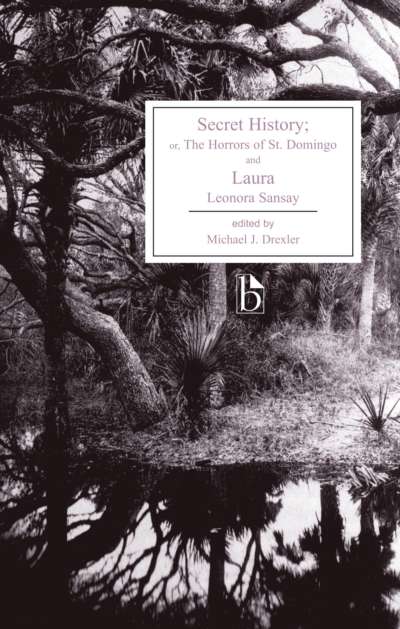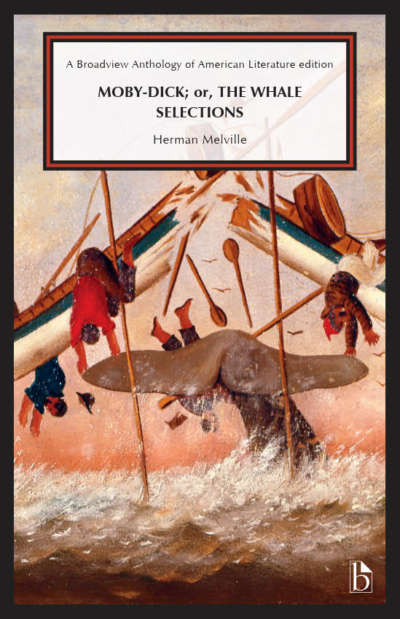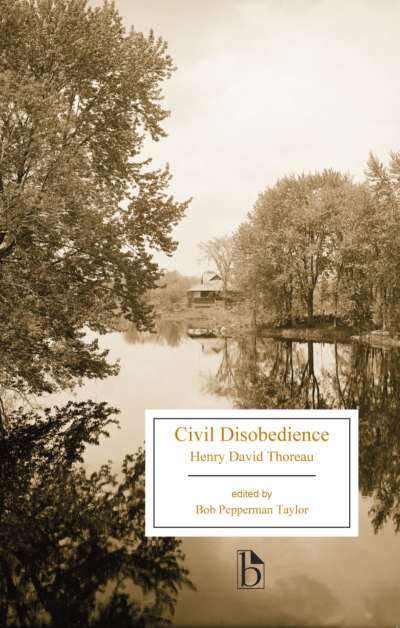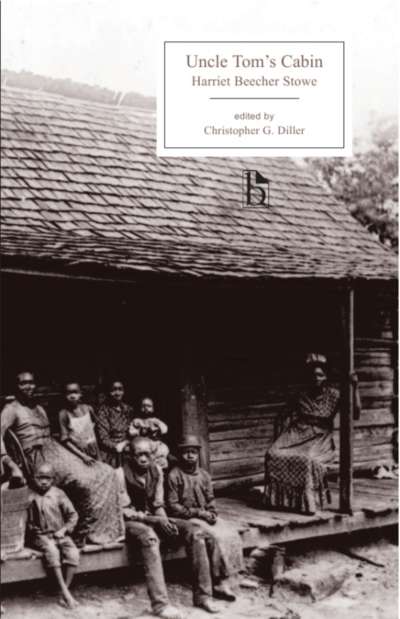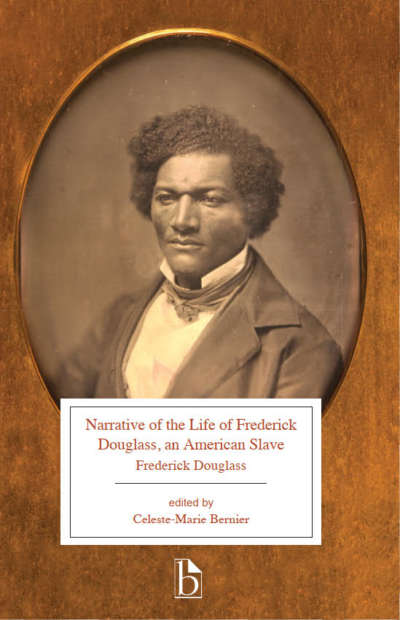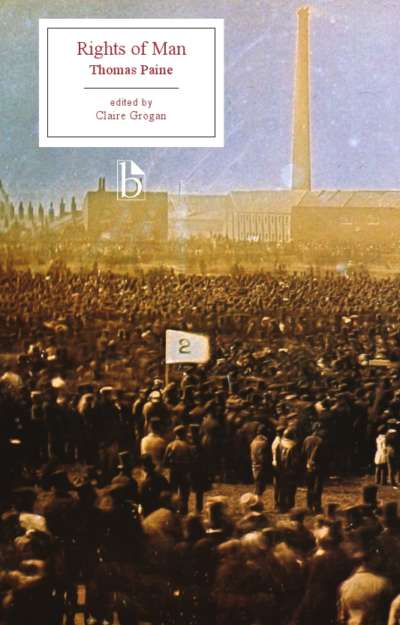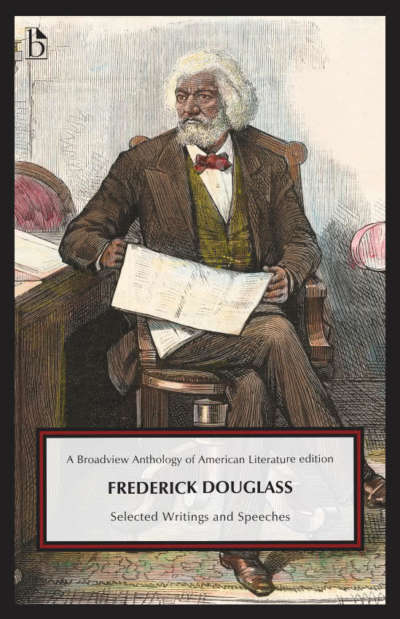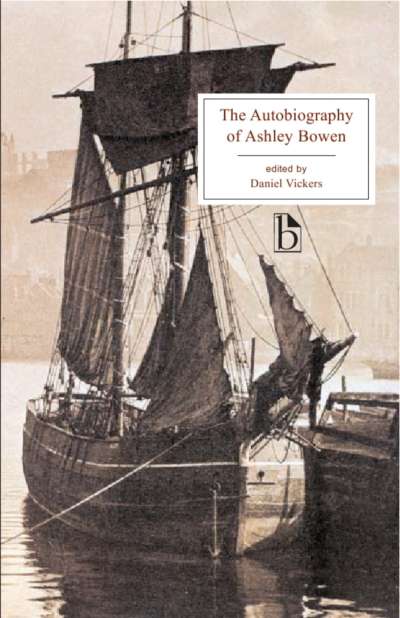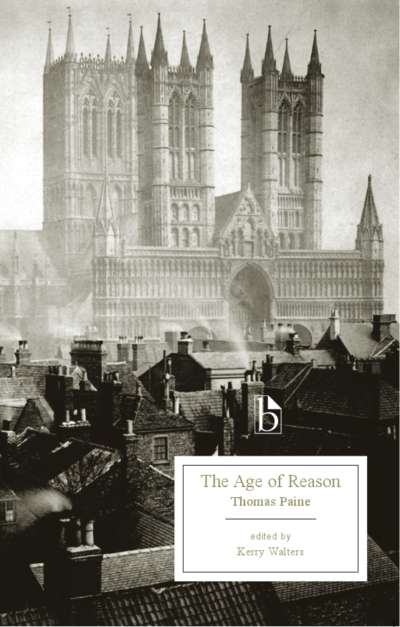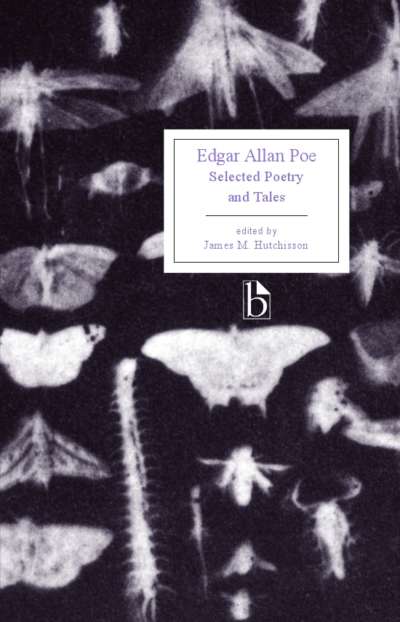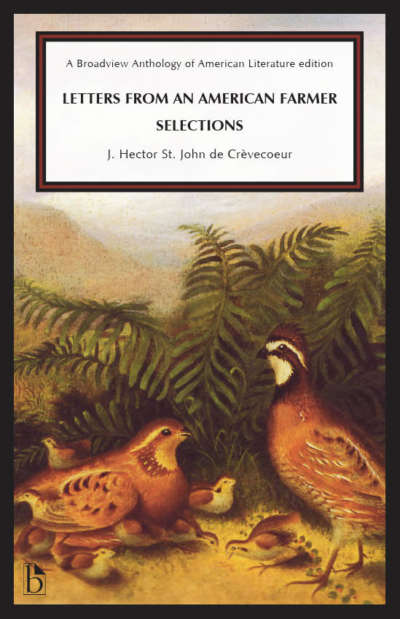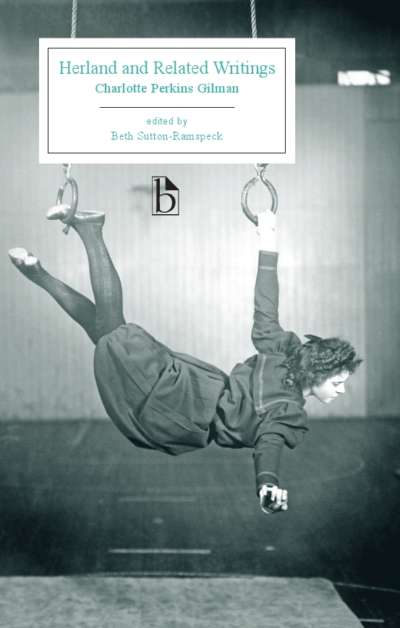
Essayist, lecturer, poet, and America’s first “public intellectual,” Ralph Waldo Emerson (1803–82) is the central figure in nineteenth-century American letters and the leader (albeit reluctantly) of the Transcendental group. A literary mover and shaker, Emerson directed his unpopular early radicalism toward social institutions (the Church, education, literary conventions); by his death in 1882, however, his reputation was already solidifying as a national icon. Somewhere between the iconic sage and the speculative idealist lies an Emerson that students don’t often encounter, a flesh-and-blood figure whose writings testify to his continuing exploration of the individual’s place in an increasingly conformist and crowded world. In its selections and its apparatus, this Broadview edition bridges the gap between Emerson and students by stressing his real-world engagements.
The collection contains a range of prose and poetry addressing some of Emerson’s major concerns—nature and the self, imagination and the poet, religion and social reform—as he explores the enduring question “How shall I live?” Historical appendices include primary materials on Transcendentalism; the contemporary debate about the nature of biblical miracles; other authors’ responses to Emerson as a writer and thinker; and the development of his complex reputation as a representative American.
Copy-texts in this edition are the first published versions of each text, restored here as Emerson’s initial audience would have read them.
Comments
“Not only has Robert Habich assembled a representative collection of Emerson’s prose and poetry, but he has also contextualized them in a biographical, historical, and critical introduction and in appendices containing documents on the major controversies of the day and important comments on Emerson by contemporaries. Habich’s selections challenge readers to throw off their conception of Emerson as a mild-mannered and somewhat ethereal philosopher and to come to grips with the personal and intellectual tests that he himself faced. This is a focused work that all readers will appreciate.” — Joel Myerson, Carolina Distinguished Professor of American Literature, Emeritus, University of South Carolina, and co-editor of The Oxford Handbook of Transcendentalism
“A fresh, carefully chosen collection of the writings of Emerson, young America’s still compelling—yet ever elusive—Thinking Man! Broadview delivers, in this edition, a select compilation of Emerson’s best published writings, supplemented by a rich appendix of contextual matter. In his introduction, distinguished Emerson editor Robert Habich distills into a seamless and well-balanced narrative the analyses of Emerson biographers and editors and places them in the context of the long saga of Emerson criticism. He concludes by shining a new light, for these times, on ‘how to think’ about Emerson: the man, the idealist, the poet, the activist, the eventual pragmatist, and, all along, the provocateur—the quintessential American ‘disrupter.’ All told, this work is a stunning new course-in-itself on Ralph Waldo Emerson.” — Margaret Emerson Bancroft, President, Ralph Waldo Emerson Memorial Association
“Selected Writings of Ralph Waldo Emerson is a fresh and welcome collection of Emerson’s works carefully contextualized not only by Habich’s biographical and critical introduction, but also by well-chosen selections from Emerson’s contemporaries. It is especially well-suited for teaching, framed as it is in within Emerson’s own vision of education as best serving us when it ‘aim[s] not to drill, but to create,’ when it ignites thinking rather than encourages bookworms (CW 1:58). … Habich is a restrained editor, deliberately keeping editorial ‘intrusions’ minimal with succinct headnotes and footnotes. I particularly like his footnoted cross-references which not only link texts for readers, but also model participatory reading.” — Susan Dunston, Emerson Society Papers

